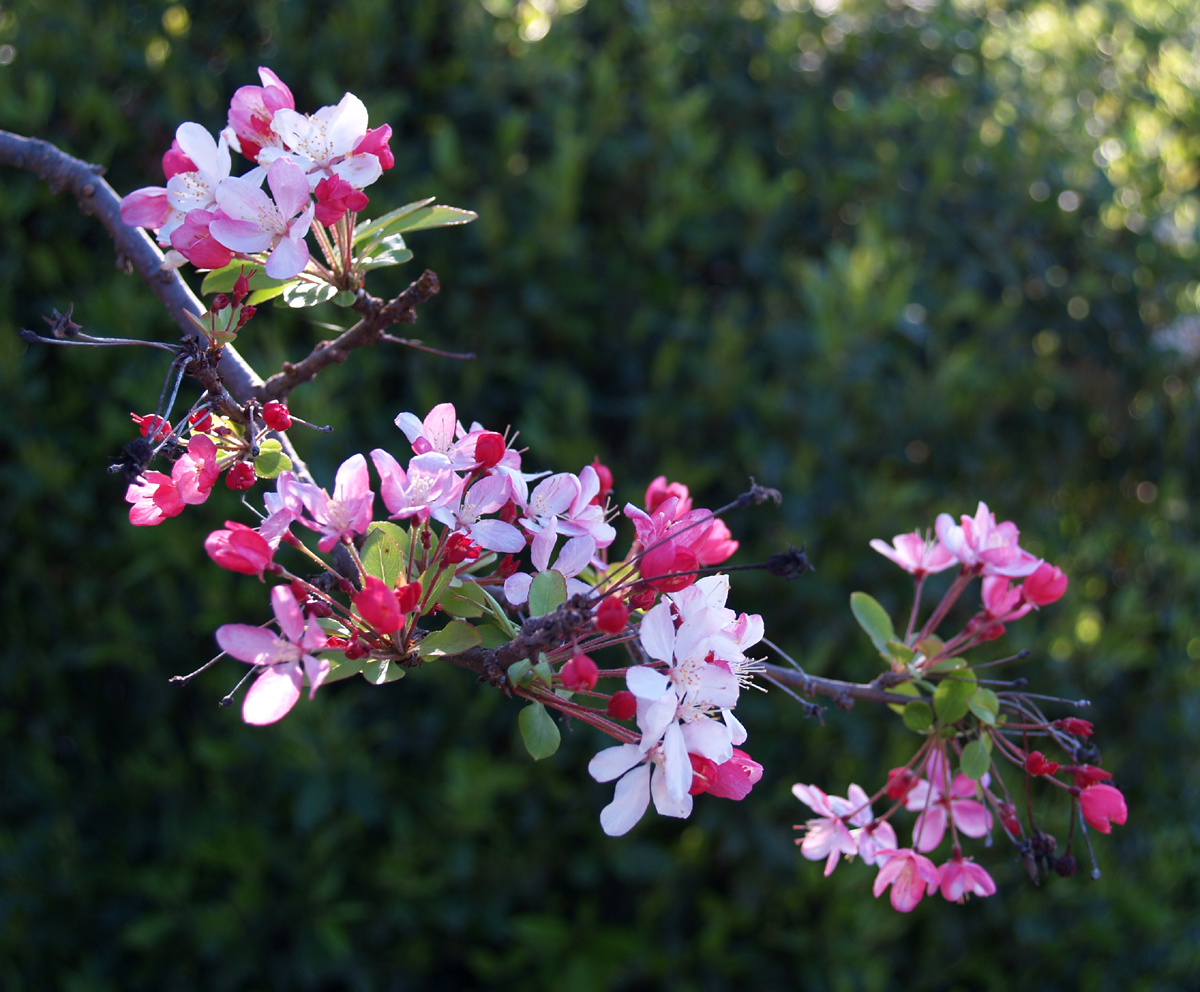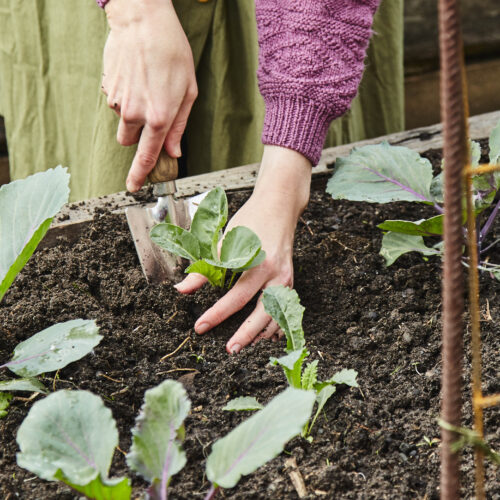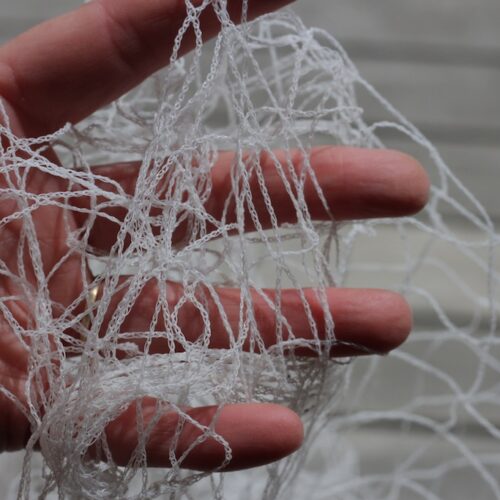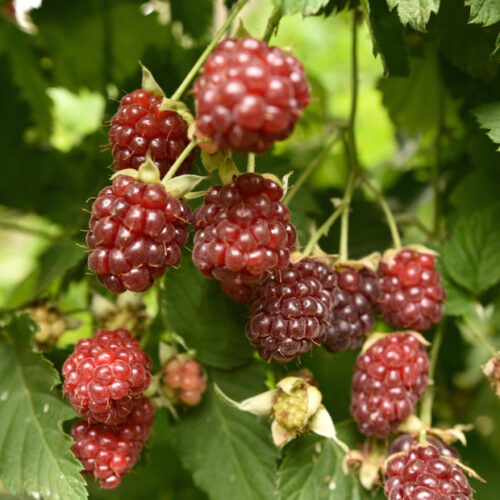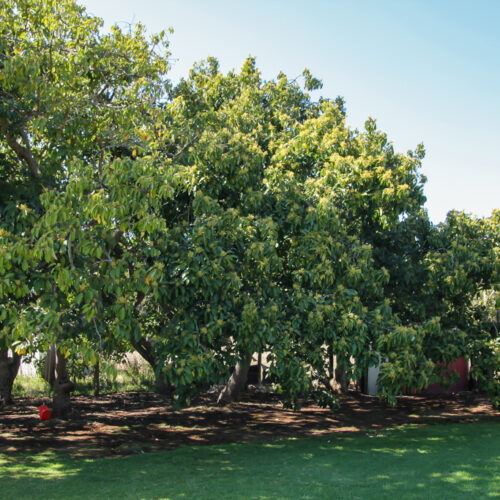What to do in September
2013-08-30T01:49:37+10:00
Spring has sprung! Time to dust off the tools and get cracking on some September gardening jobs, writes JUSTIN RUSSELL.
- In cold areas, late frosts can be a real problem during September. Many fruit trees will be flowering, and a hard frost can wipe out an entire crop. Keep a close eye on the weather. If a cold night is forecast head outside before dusk and mist vulnerable trees with water to provide an insulating layer of ice over leaves and flowers.
- In all climates weeds will start to grow strongly with the combination of warming soil and spring rain. Get any seedlings that emerge while they are young and tender. Hit them with a flame weeder, spray an organic herbicide, pour on boiling water or steam, or manually remove weeds with a hoe or weeding tool. Try to never let a weed set seed.
- Aphids love new foliage and can seriously infest a wide range of plants. Smother them with a horticultural oil spray (choose a plant based version over a petroleum based product) or soap. Simply rub a cake of vegetable soap in a bucket of water until it resembles diluted milk, then add to a pressure sprayer. Both products also work well on scale insects.
- Keep garlic powering along by applying a liquid fertiliser. I like to use organic fish emulsion, but you can make your own by diluting worm juice, soaking manure overnight in a bucket of water. Leafy greens and citrus will also benefit from a liquid feed applied now.
- Spring is a hungry month for native animals such as possums and bandicoots, and ferals such as rabbits and hares. Protect your vegies with secure fencing, bird netting, or my favourite, fine weave vegie nets. If animals are nibbling away at the bark of your trees, try applying a lime wash, biodynamic tree paste (available online) or wrap the trunk in alfoil or chicken wire. Keep an eye out for snakes while you’re at it – they are likely to be on the move earlier this year.
- If your soil is slightly acid, apply lime a couple of weeks prior to planting brassicas and alliums. Garden lime is safe for most soils. If your soil is deficient in magnesium, apply dolomite lime. If magnesium levels are high (volcanic red krasnozem or ferrous soils are often high in magnesium)dolomite will make the soil stickier. Use wood ash as a lime substitute and apply at a rate of about a double handful per square metre.
- Spring is often a dry time of the year in parts of eastern and northern Australia. Keep the water up to thirsty plants, and mulch with sugarcane, lucerne or straw to help regulate moisture levels in the soil. Very dry soils may benefit from the application of an organic soil wetter to help moisture penetrate deeply.

